Visit to Karawari in Papua New Guinea’s Sepik region
April 6, 2009 – 12:08 pm
My last visit to Karawari was in 1990 when I arrived by accident after becoming stranded at Tari Airport in the Southern Highlands. That time, I had just complete a fortnight going walkabout with a clan of the Huli Wigmen and returnerd to the town to find that the national domestic airline, Talair had suspended operations. Meanwhile some Raskols had blown up a bridge on the road back to Mendi… so I was stranded.
To the rescue came a private charter plane full of Californian movie moguls who (begrudgingly) allowed me to hitch hike a ride (for a price!) to wherever they were going – which happened to be Karawari Lodge in the Sepik basin. On a shoestring in those days, I was lucky to find Pam Bates, the owner of Karawari Lodge, in residence overseeing a management change who generously offered me an unserviced room for the night free of charge.
From there I went on for one of my “big adventures” – paddling a traditional dugout canoe, solo, down to the Sepik River, inviting myself to stay at villages along the river banks, sleeping in their Haus Tamboran, going pig hunting with the men and their blow pipes, and generally mucking in.
On my most recent visit in March this year, however, I was a legitimate guest of the lodge and my two days there were altogether a more sedate affair.
Karawari Lodge is splendidly situated on the top of a small hill with majestic views to the river 100m below and across the endless expanses of lowland rainforest. Human populations in this area are very small and the damage to the primary forest is minimal, and localised to the river banks. There are no roads and people live as they always have, fishing from non-motorised dug out canoes and harvesting sago palms from which they make extract flour from the pith of the tree trunk for make “bread”. Traditions are strong here, although Christianity has largely supplanted animist beliefs… some of which still ride on the top of the adopted religion.
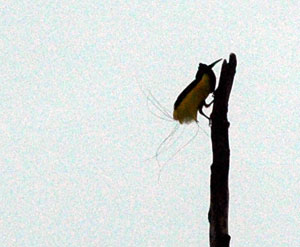
Our 2 days were spent setting forth along the river by jet-propelled, flat bottom boats to visit villages along the riverbanks where local people obligingly demonstrated aspects of their daily lifestyles such as how to extract flour from the sago palm and then to make pancakes from the dough. At one village a “sing sing” was performed in our honour, with a complex array of dance routines. At all the villages we visited, a local handicraft market instantly materialised offering wood carvings for which the Sepik is famous.
The forests are rich with wildlife, though we did not have time to explore in detail. We did, however, make an sunrise visit to the known residence of a 12 Wired Paradise Bird where we were privileged enough to witness a mating dance.
Here are some pictures from my brief Karawari visit.

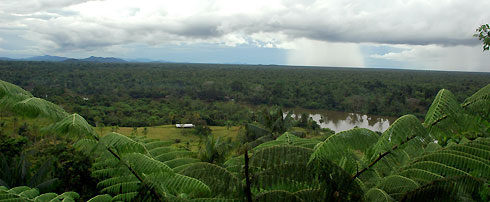
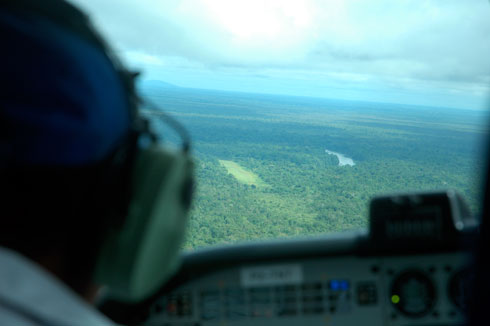
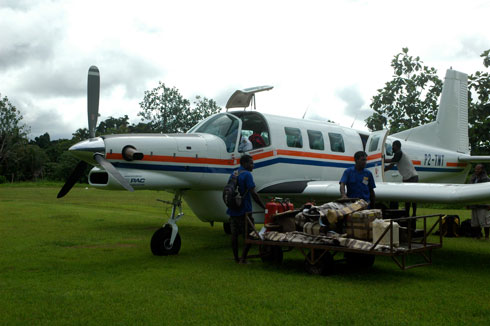
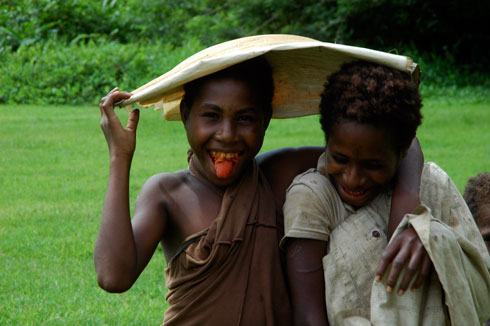
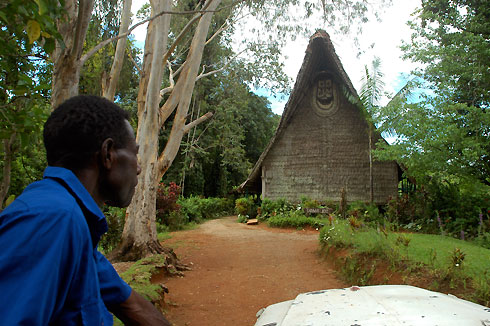
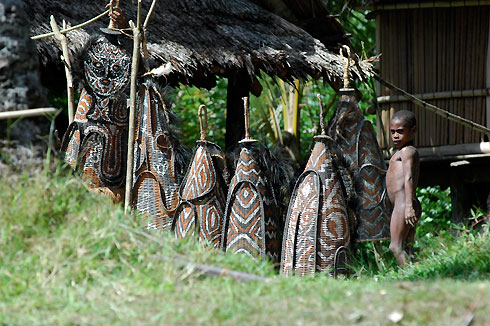
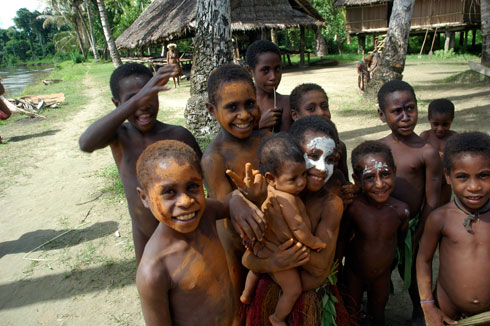
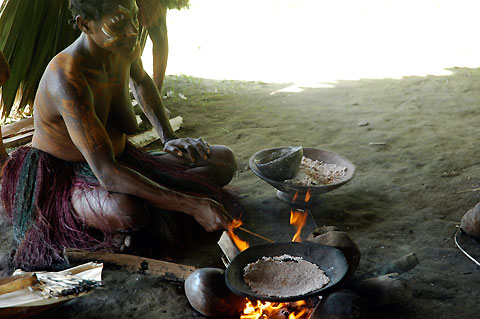
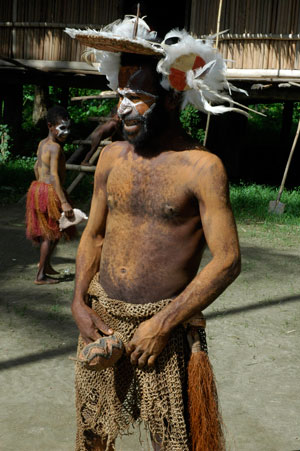
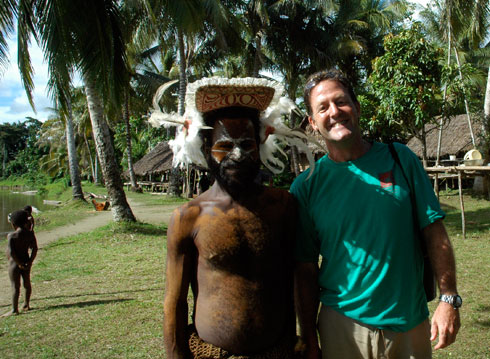
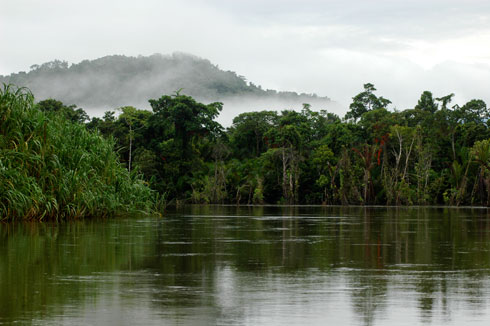
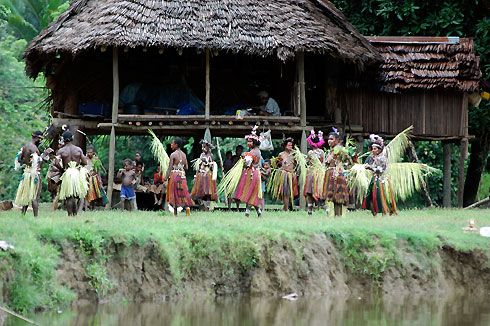
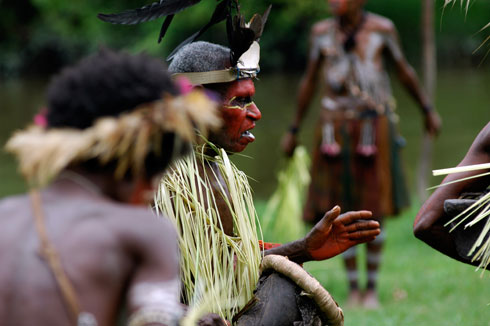
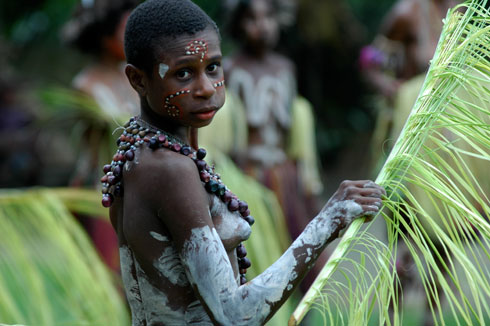
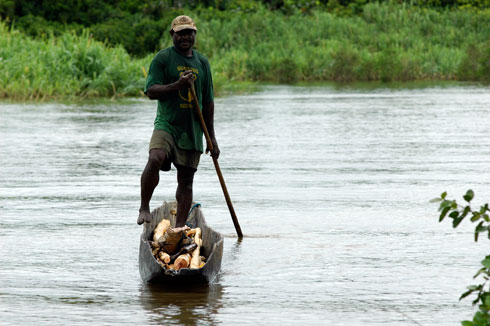
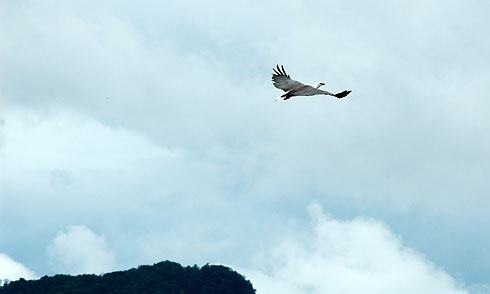
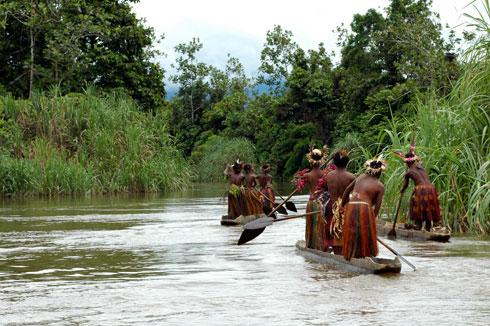
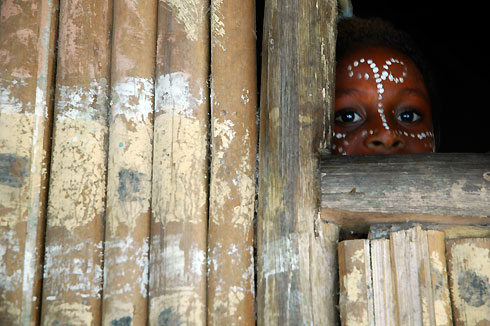
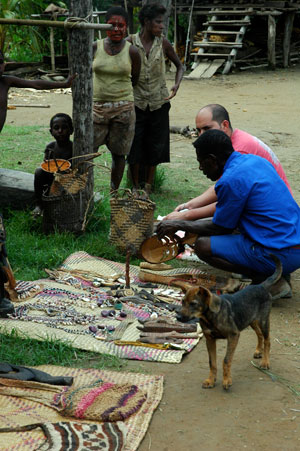
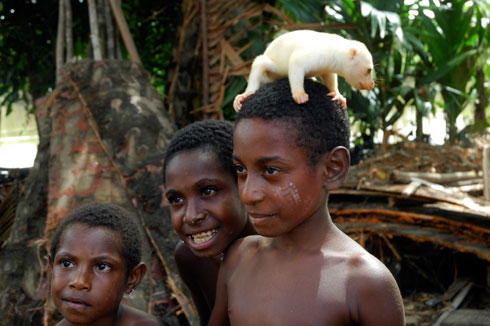
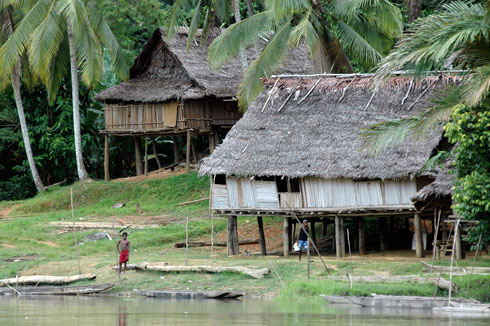
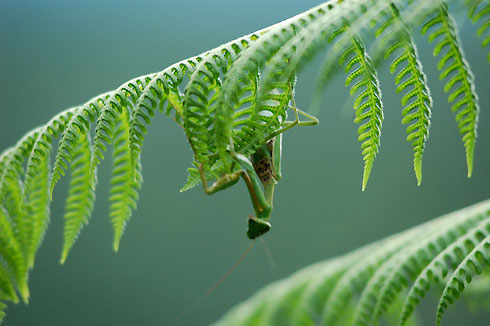
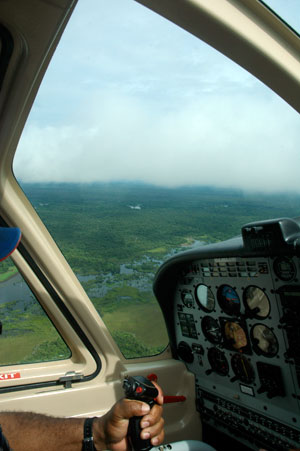











One Response to “Visit to Karawari in Papua New Guinea’s Sepik region”
Hi, i just found this article, i’m a photgrapher and am looking hard to ‘find’ something real as in scarifications. and rituals and without tourists around me, i have 3 weeks and want to spent time in villages (away from tourists) and make a storie about this. Could you advise me a bit more and reply to my email?
would be very appreciated,
thanks
ingetje
By ingetje tadros on Nov 11, 2010